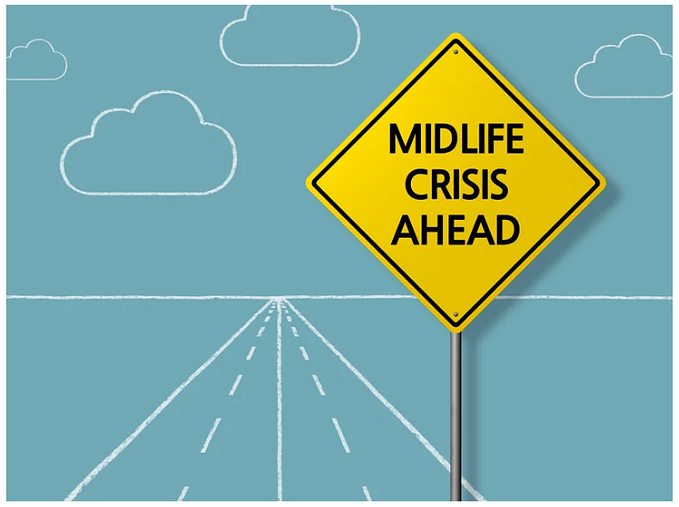Member-only story
The Nuance
Is It Really Better to Lose Weight Gradually?
Here’s what the science says
Every week, the Nuance will go beyond the basics, offering a deep and researched look at the latest science and expert insights on a buzzed-about health topic.
 You’ve probably heard that a slow and steady approach to weight loss improves the odds that you’ll stay slim in the long run. Easy go, easy come back—or so the conventional wisdom holds.
You’ve probably heard that a slow and steady approach to weight loss improves the odds that you’ll stay slim in the long run. Easy go, easy come back—or so the conventional wisdom holds.
Historically, some public health authorities even championed the superiority of gradual weight loss plans. The thinking was that a slow reduction in body weight is more likely to be the result of healthy and sticky lifestyle changes, while rapid weight loss tends to stem from get-slim-fast tactics that are ultimately unsustainable.
While this line of thinking makes sense, the research says otherwise.
In a 2013 New England Journal of Medicine report titled “Myths, Presumptions, and Facts about Obesity,” the belief that quick weight loss is inferior to gradual weight loss is highlighted as false. “To date, the totality of evidence does not support the myth that gradual weight loss improves long-term outcomes,” says Krista Casazza, first author of the report and an associate professor at the University of Alabama at Birmingham.
That’s not to say one approach is obviously superior to the other. But the old adage that “the faster you lose weight, the faster you’ll regain it” is clearly wrong, says Joseph Proietto, chair of obesity clinical care at the nonprofit World Obesity Federation.
For a 2014 study, Proietto and his colleagues divided volunteers into two groups. One group adhered to a “rapid weight loss” program that involved severe calorie restriction for 12 weeks. A second group aimed to lose the same amount of weight by taking a less extreme approach to calorie reduction during a 36-week period.
While just 50% of people in the gradual weight loss group achieved the targeted level of weight loss, 81% of people in the rapid weight loss group hit the mark. After roughly two years of follow-up, Proietto and colleagues found that the people who had lost weight rapidly hadn’t gained back more than those who’d lost weight slowly. “The rate of…








